Is Isaiah 7:14 a Messianic Prophecy?
More and more scholars are becoming skeptical of Messianic prophecy in the Hebrew Bible—that is, the Old Testament. Michael Rydelniknotes that “Although evangelical scholarship still recognizes that there is something messianic about the Hebrew Bible, for the most part, it sees it as a story that finds its climax in Jesus, not as predictions that Jesus of Nazareth fulfilled” (Rydelnik, The Messianic Hope,3-4). Yet, such skepticism is not justified. Sure, some passages in the Hebrew Bible have been stretched beyond its scope, something that can become a dangerous trend. Nevertheless, certain passages in the Hebrew Bible enjoy a status of being both Messianic in context and in its history.
One such Messianic prophecy is found in Isaiah 7:14. Four schools of thought have developed on how one should interpret Isaiah 7:14. Some hold to direct fulfillment indicating that the text only speaks to the fulfillment found in Messiah. Others hold to a historical fulfillment which claims that the text only addresses the birth of a child in Isaiah’s day. A third view holds to a double fulfillment in that the prophecy was fulfilled to a degree in Isaiah’s day and later in the Messiah. A fourth view is espoused by Arnold Fruchtenbaum. He calls it a double reference (Fruchtenbaum, Yeshua, 364). A double reference “states that one piece of Scripture actually contains two prophecies, each having its own fulfillment” (Fruchtenbaum, Yeshua,364). After researching the passage, I must agree that in Isaiah 7:14 one finds a double reference. Although Isaiah 7:14 is among the most controversial of Messianic prophecies (Rydelnik, The Messianic Hope, 147), several good reasons exist to accept the prophecy as Messianic in scope.
- King Ahaz and House of David. To understand the passage, one must understand the chapter in which Isaiah 7:14 is found. Isaiah comes to King Ahazwhile Ahaz, and King Rezin of Aram and King Pekah of Israel were reigning. Yahweh (the personal name for God) tells Isaiah to bring his son Shear-jashub with him to meet Ahaz (Is. 7:3). Yahweh speaks to Isaiah again telling him to ask Ahaz for a sign (7:10-11), but Ahaz refuses (7:12). After Ahaz refuses, Isaiah turns his attention to the house of David (7:13) asking if they would try the patience of Yahweh. It is then that Isaiah delivers the Immanuel prophecy. From keeping the text in context, Yahweh through Isaiah is addressing two distinct groups of people. On the one hand, he is addressing King Ahaz. On the other hand, he is addressing the house of David. The Immanuel prophecy is given to the house of David and not to King Ahaz. King Ahaz’s sign was found in Isaiah’s son Shear-jashub who already reached the age of accountability and chose to do what was right. Ahaz was much older and still chose to do what was evil. Thus, Ahaz’s kingdom was coming to an end.
- Singular and Plural Language. A close examination of the Hebrew text shows a difference in the language used directed toward Ahaz as opposed to the house of David. When Isaiah is addressing Ahaz, he uses singular language and uses plural language when speaking to the house of David. As Fruchtenbaum noted earlier, the text appears to be giving two differing prophecies—one to Ahaz and one to the house of David. Since the Immanuel prophecy is directed to the house of David, it is not necessary to hold that the prophecy only addresses Ahaz and even his time.
- Present and Future Language. In the Immanuel prophecy, Isaiah uses the Hebrew imperfect verb yitten, which means “he will give,” to describe the timing of the prophecy. The imperfect verb in Hebrew describes something that is incomplete and will transpire at some point in the future. Thus, the sign for the house of David was a sign given byGod to transpire at some point in the future. When? The text does not say. Therefore, it is completely appropriate to think that the text could find its ultimate fulfillment in Jesus the Messiah.
- ‘Almah and Parthenos. The Revised Standard Version translation made a great deal of waves in the Christian community when it translated ‘almah as“young woman” instead of the classical translation of “virgin.” Does the term refer to a young woman or a virgin? The answer is both. ‘Almah is almost always used in the Hebrew Bible to denote a young woman who has just reached the age of marriage who had not yet wed. ‘Almah is used in the following passages in the Hebrew Bible: 1) Gen. 24:43 used of Rebekah; 2) Ex. 2:8 used of Miriam, Moses’s sister; 3) Ps. 68:25 used in the divine royal procession, the virgins symbolize purity; 4) So. 1:3 refers to the purity in marriage; 5) So. 6:8 contrasts the purity of virginity with the impurity of concubines; 6) Pr. 30:18-19 also contrasts virginity with adultery, and 7) in Is. 7:14 (Fruchtenbaum, Yeshua, 364-365). In Jewish culture, a young woman who just reached the age of marriage most certainly implied the woman’s virginal status. The translators of the Septuagint (LXX) understood this to be the case. The LXX translates ‘almahin Isaiah 7:14 with the Greek term parthenos which most certainly means “virgin.”
- Current and Future Understanding. Isaiah connects the birth of the child from Isaiah 7:14 to the prophecies given in 9:6-7 and in 11:1-10. Thus, the prophet took the view at the time the prophecy was given that this promised child would come at some point in the future. This child would be linked intrinsically with God in some fashion. But not only did Isaiah understand the prophecy in this way, other did also. Micah is one such example. Micah, a contemporary of Isaiah’s, linked his prophecy in some sense with that of Isaiah 7:14. Micah notes that “Bethlehem Ephrathah, you are small among the clans of Judah; one will come from you to be ruler over Israel for me. His origin is from antiquity, from ancient times” (Mi. 5:2). As already noted, the translators of the LXX understood Isaiah 7:14 to refer to a virgin in the 100s BC. Therefore, Isaiah 7:14 was recognized to be Messianic, or at least more prophetic than some modern scholars, as well as by early Christians, such as Matthew 1:23.
Isaiah 7:14 is a glorious passage that prophesies the birth of a royal, divine king that was to be born in the most miraculous of fashions. In our attempt to properly interpret the Bible, let us not be drawn to a hyper-skepticism that very well could combat the very thinking of the writers of the New Testament. They held the text to be Messianic not because they made it that way, but because that was the prophetic intention of the text.
Sources
Fruchtenbaum, Arnold G. Yeshua: The Life of Messiah from a Messianic Jewish Perspective. Volume One. San Antonio, TX: Ariel, 2017.
Rydelnik, Michael. The Messianic Hope: Is the Hebrew Bible Really Messianic? NAC Studies in Bible & Theology. Edited by E. Ray Clendenen. Nashville: B&H Academic, 2010.
Brian G. Chilton is the founder of BellatorChristi.com and is the host of The Bellator Christi Podcast. He received his Master of Divinity in Theology from Liberty University (with high distinction); his Bachelor of Science in Religious Studies and Philosophy from Gardner-Webb University (with honors); and received certification in Christian Apologetics from Biola University. Brian is currently enrolled in the Ph.D. program in Theology and Apologetics at LibertyUniversity and is a member of the Evangelical Theological Society and the Evangelical Philosophical Society. Brian has been in the ministry for over 15 years and serves as the Senior Pastor of Westfield Baptist Church in northwestern North Carolina.
Original Blog Source: http://bit.ly/2zWk139

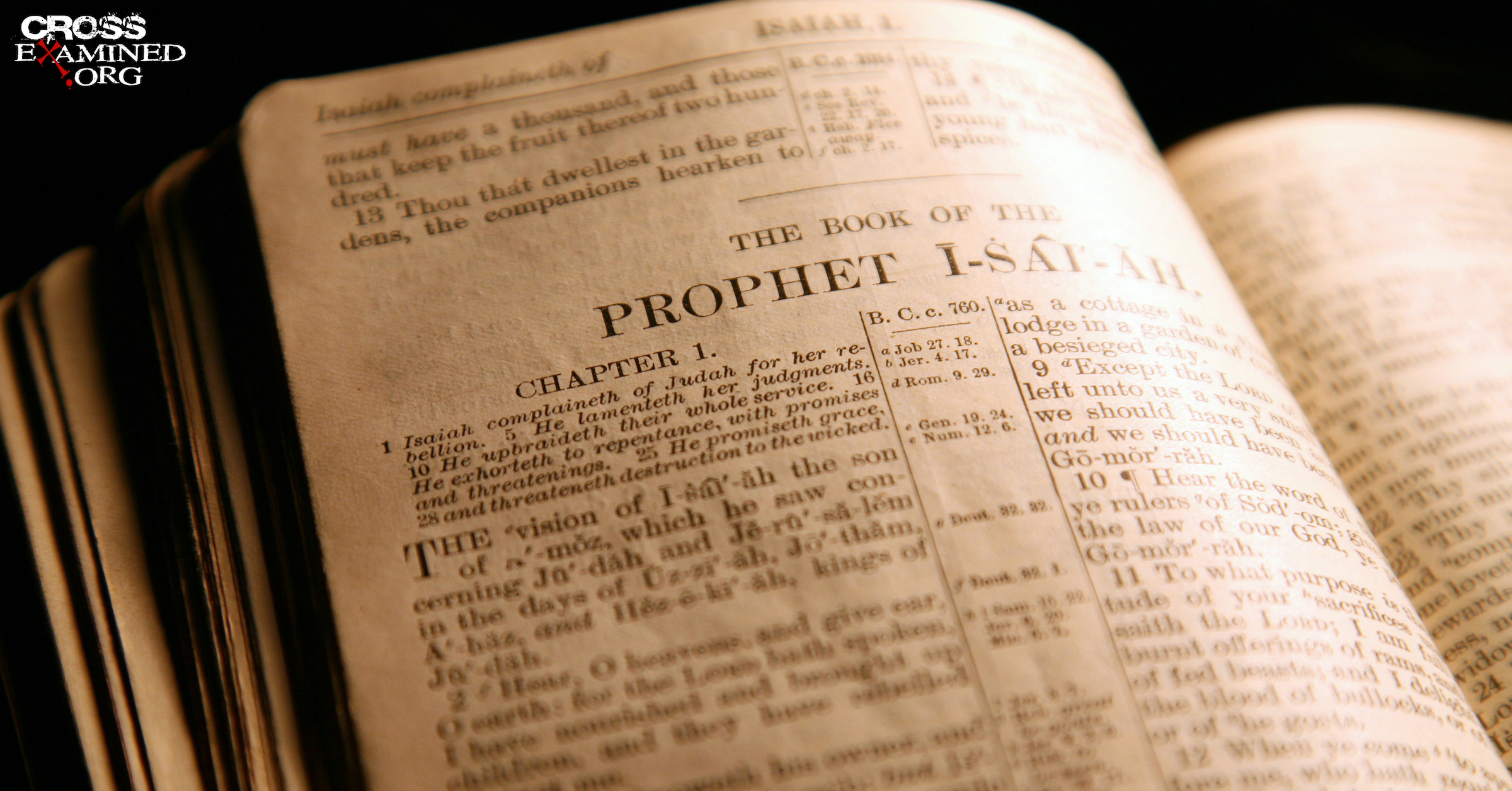
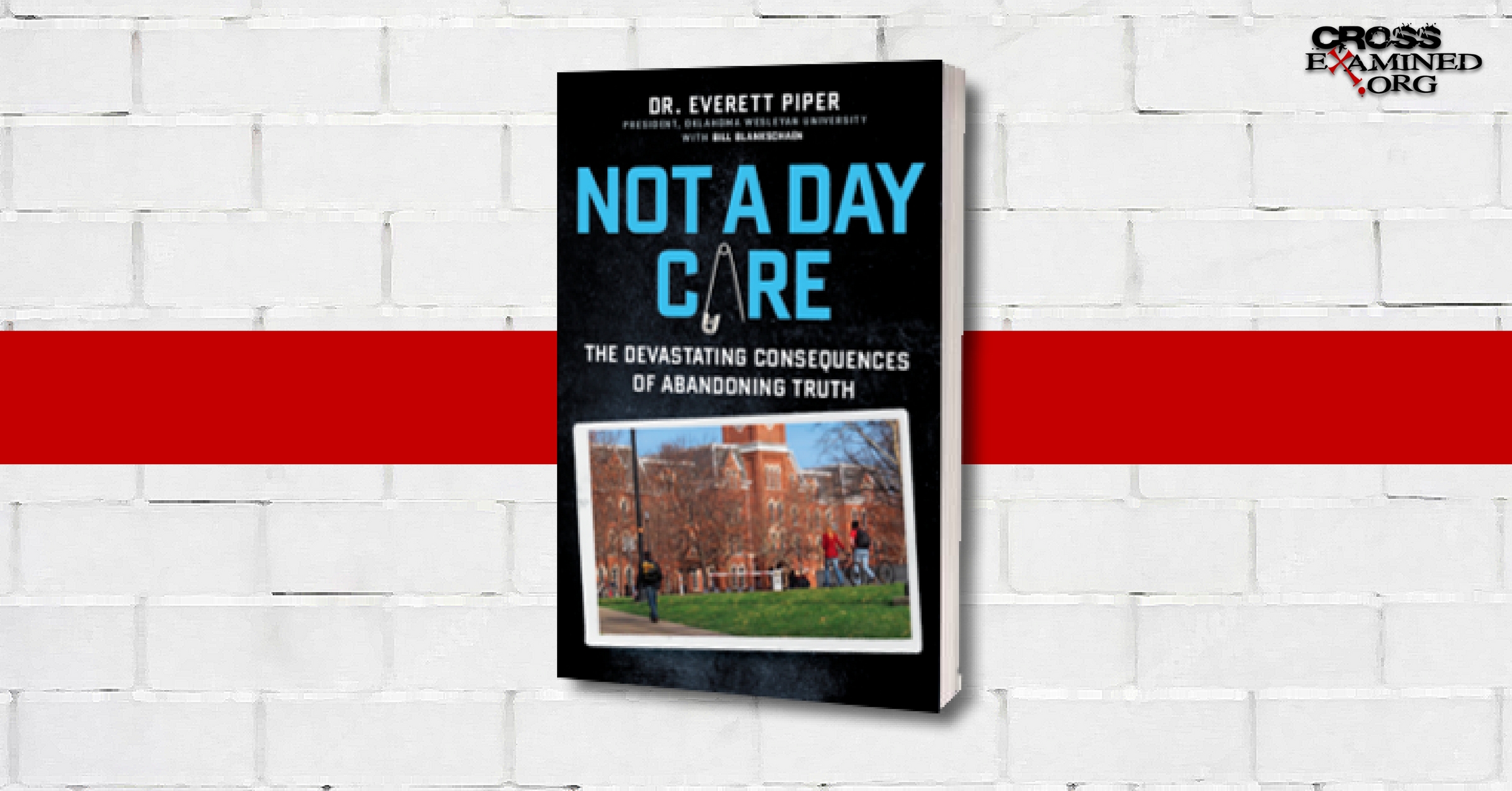





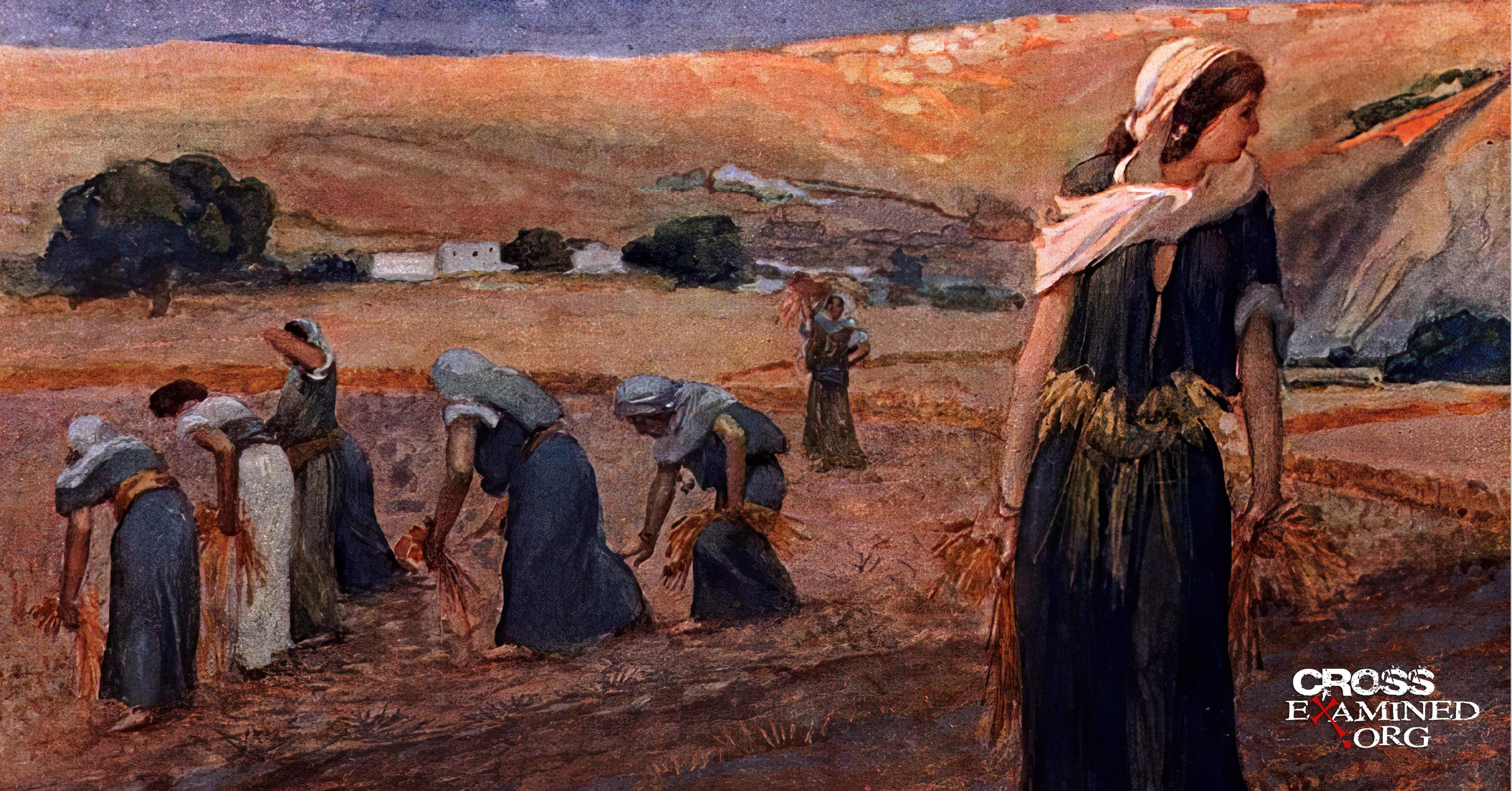
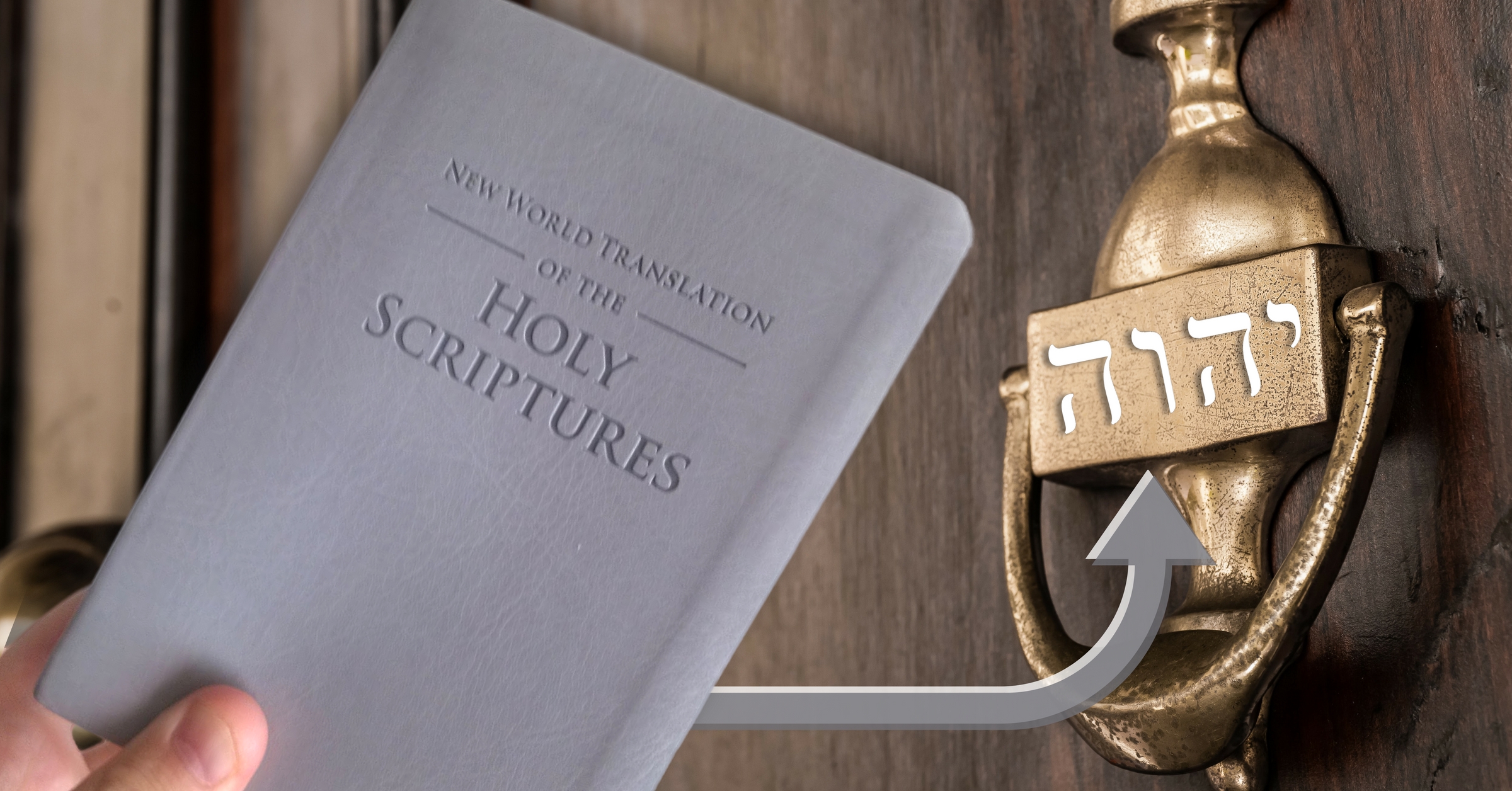
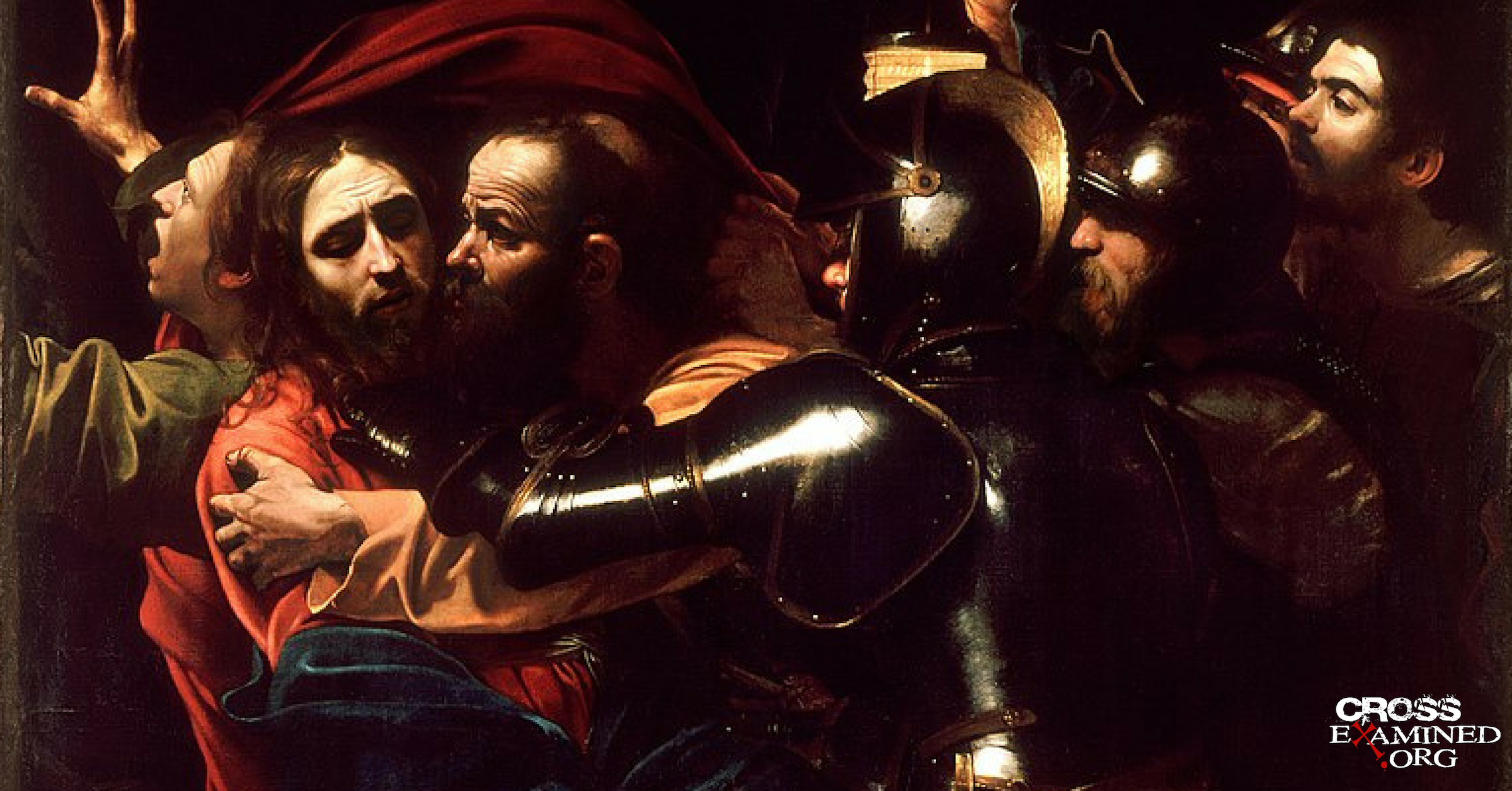
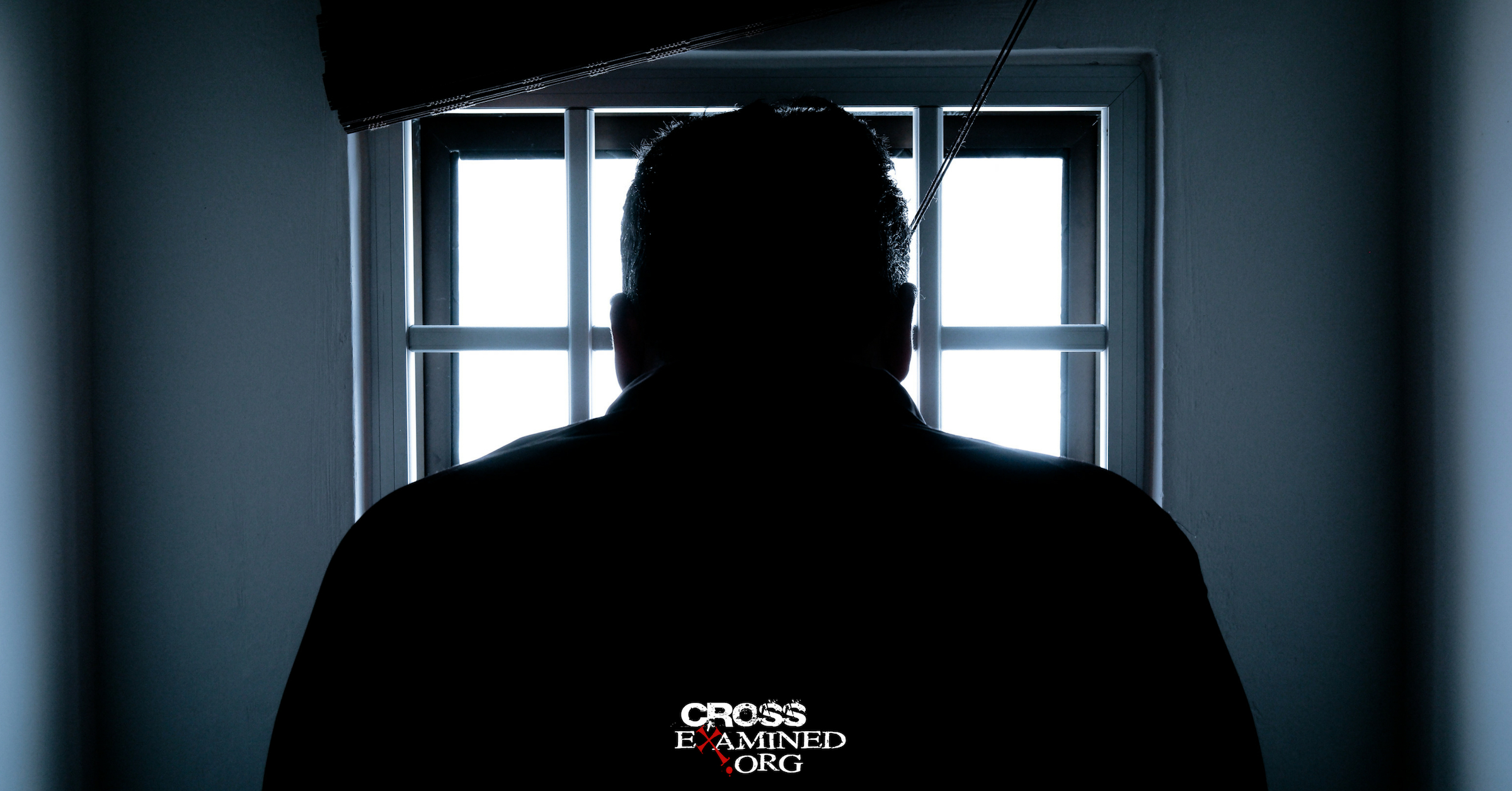
Leave a Reply
Want to join the discussion?Feel free to contribute!